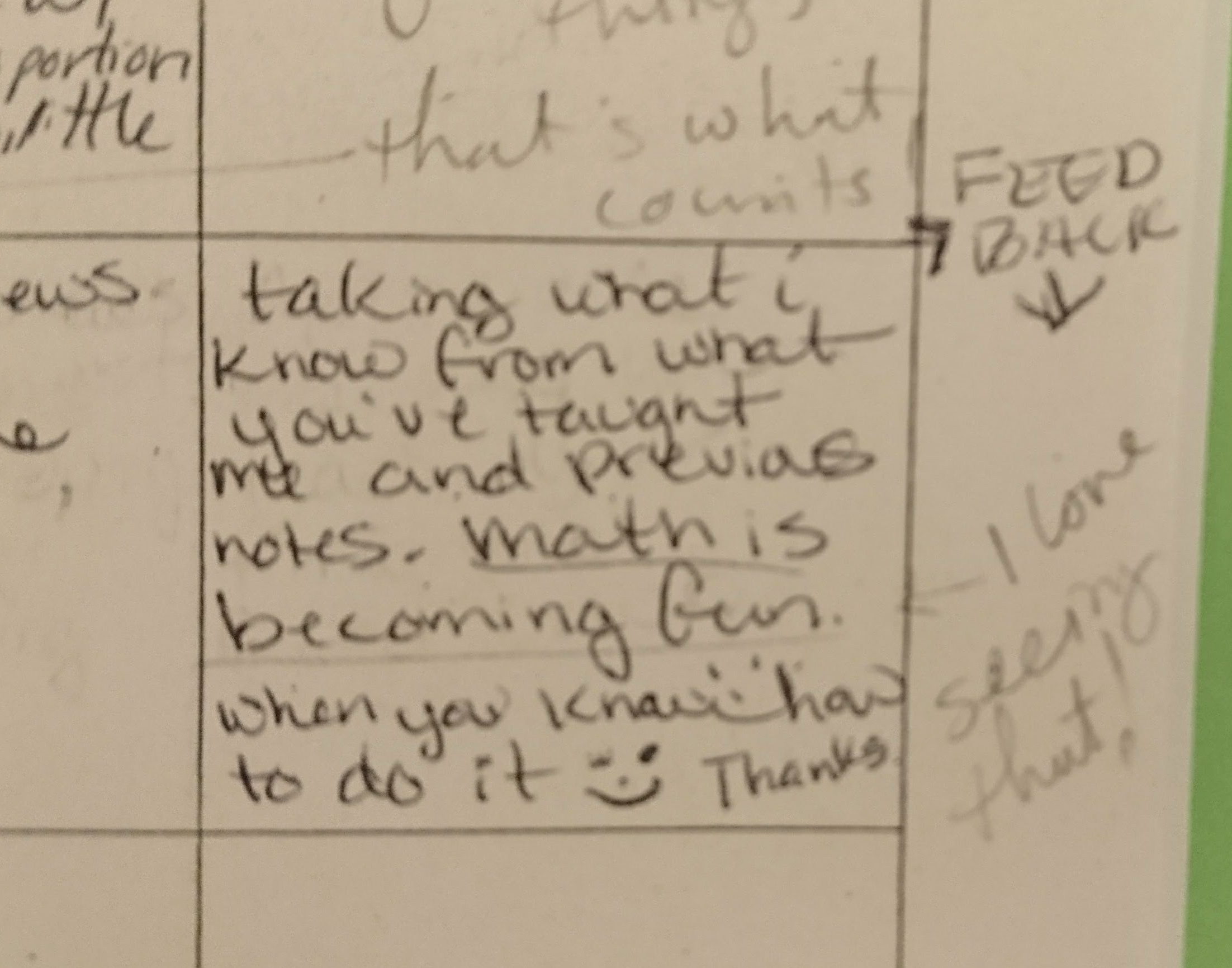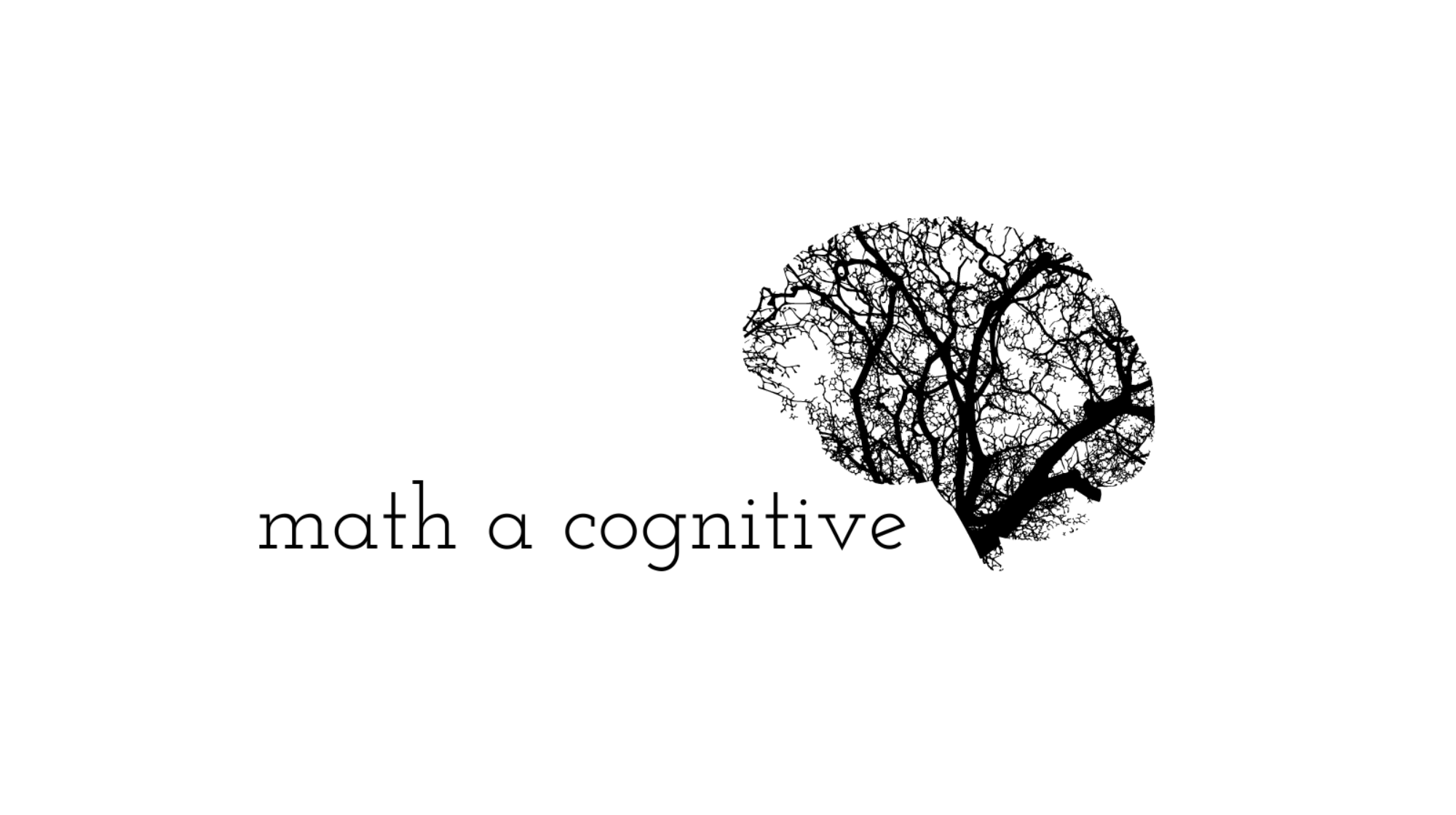My first tries at incorporating metacognition were, umm, less than fully successful. I asked new students about their knowledge, their preferences, their goals. I asked the class to reflect at the end of the term. It was one-off, well intentioned, added in when I thought the calendar called for it.
Or, I’d drop in soapbox speeches about study skills, or lessons that included information about learning.
And they did their best, but mostly my students looked at me like I was a little odd. Their faces read: I don’t know? Why are you even asking? or How should I know about learning? We didn’t do this in high school. My other teachers don’t make me do this. or How will this help me get my HiSET? or Aren’t you the expert, teacher?
They still think I’m a little odd that I keep asking about their thinking. But they’re no longer surprised.
Because, routines.
I love routines. For many reasons. One reason: routines make sure my students get asked to think about their thinking at least three times every single class. And practice makes, if not perfect, at least progress.
(Context reminder, my adult students have math one evening a week. If you meet every day, you might spread these out)
- We start with a quick cumulative review (Every.Single.Week. Because I and my students are tired of them forgetting what they’ve worked hard to learn) They put it in a folder, and they write a comment. (Metacognition #1) [Updated: Here’s a description of our review system]
- Their homework goes in another folder. With a comment. I did ____, it went _____ (Metacognition #2) [Updated: Here’s a description of our homework process]
- We end with an exit ticket. Not an assessment, a quick reflection. A sentence or so about what worked or didn’t work for them during class. (Metacognition #3) [Updated: Here’s a description of our exit tickets]
I’ll be honest. None of these metacognitive moments are guaranteed to be particularly reflective or deep. I get a lot of “It was good.” or “It was hard.” comments still. And I content myself with building habits, and self-awareness, remembering slow and steady progress.
But, sometimes I get gold.
I get “It was hard but I kept going and I figured it out by doing X”. Or I get the comments that keep me going, as much as the students, the ‘I think I’m starting to get it’ and the ‘math isn’t as hard as I thought’ and sometimes even ‘math is becoming fun’

Coming attractions: I’ll be back with more detailed descriptions of each of these routines
